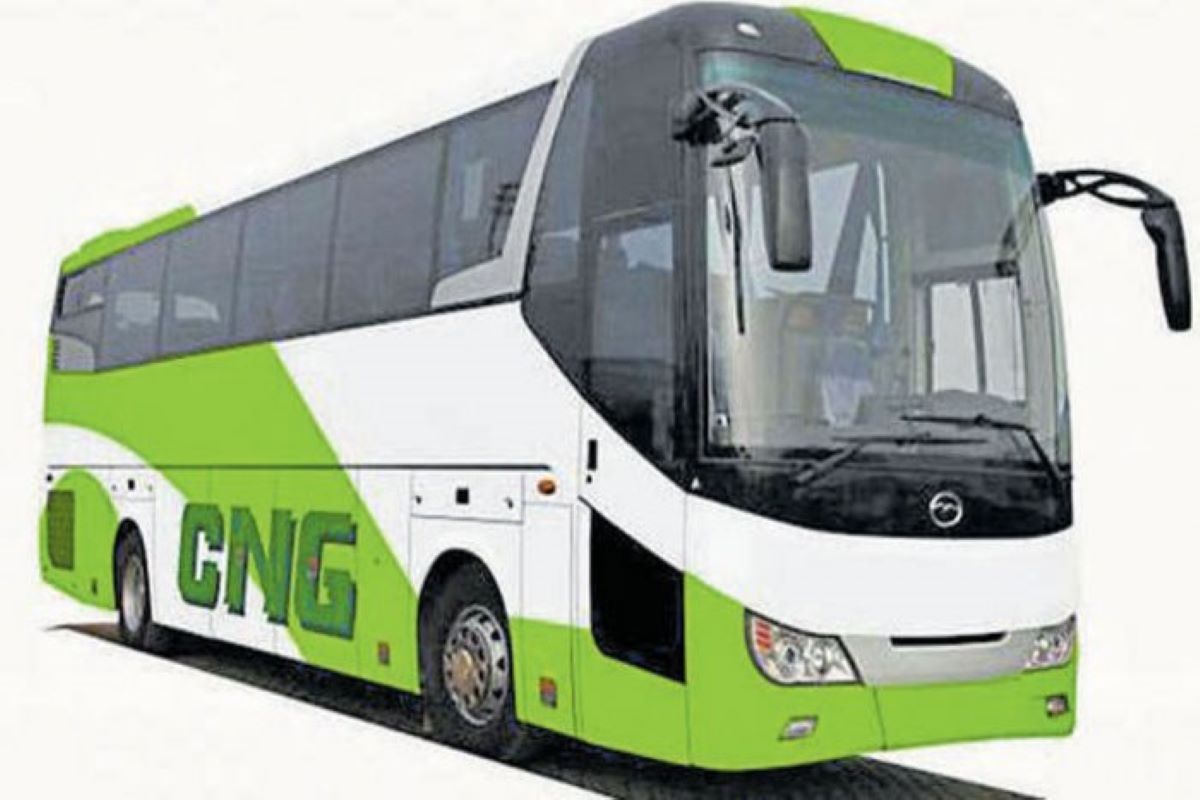The state transport department for the first time is all set to run three government buses fitted with compressed natural gas (CNG) and dual-fuel engines respectively soon.
Two diesel-run buses under the West Bengal Transport Corporation (WBTC) undergoing structural changes at WBTC Kasba depot for CNG conversion process will hit the road while the other fleet of the South Bengal State Transport Corporation (SBSTC) will also dual-fuel engine within a couple of weeks.
Advertisement
The three fleets will be plying through different roads in the city on a trial basis first and then carry passengers after getting clearance from agencies authorized by the Centre. CNG burns cleaners as compared with traditional petrol and diesel-run cars and buses. It also drastically reduces emission levels of both carbon monoxide and hydrocarbons.
A dual-fuel engine combined with 60 per cent diesel and 40 per cent CNG also enables to use of clean-burning. Both CNG and dual fuel kit are economically viable saving the fuel cost between 25 to 30 per cent for a bus operator. “After the successful trial run of the two buses converted to CNG, we will operate them to carry passengers.
CNG buses are environmentally friendly and economically viable for operators. Gradually, more buses will be converted to CNG-operated fleets. CNG filling stations will come up at depots run by our corporation,” said a senior WBTC official.
Sources at the SBSTC said a private automobile agency in the city has been engaged to install a dual fuel kit worth about Rs 1.50 lakh on a bus from the Belghoria depot under the corporation. “The bus will be converted to the dual-fuel engine by the agency. We will operate it on trial run after the conversion,” an SBSTC official said.
“We welcome the alternative move but it should have happened much earlier. It will take time to make infrastructure arrangements like setting up CNG filling stations for conversion of both diesel-run public and private buses. By
this time the private bus operators and their staff will suffer badly because of regular financial loss we are facing because of an alarming rise in petro prices amidst this pandemic,” said Rahul Chatterjee, secretary of All Bengal Bus
Minibus Samannaway Samiti.
“The state government should also consider our additional financial of around five lakh rupees required to convert a diesel-run private bus to a dedicated CNG-operated vehicle,” Chatterjee added. CNG burns cleaners as compared with traditional petrol and diesel-run cars and buses. It also drastically reduces emission levels. A dual-fuel engine combined with 60 per cent diesel and 40 per cent CNG also enable to use of clean-burning. Both CNG and dual fuel kit are economically viable saving the fuel costs to the extent of 25 to 30 per cent for a bus operator.











